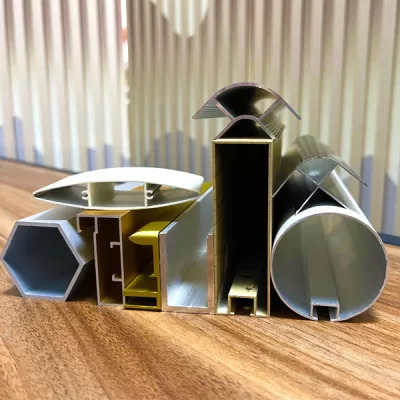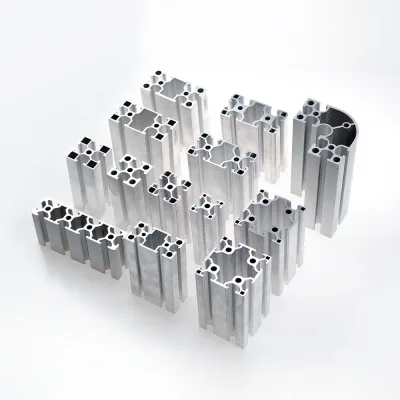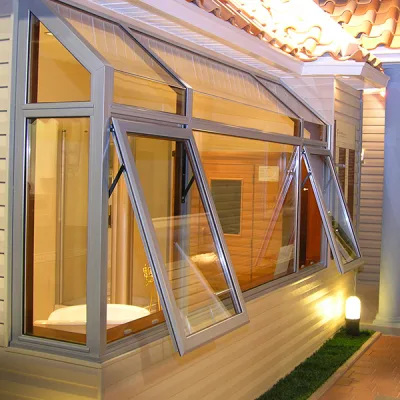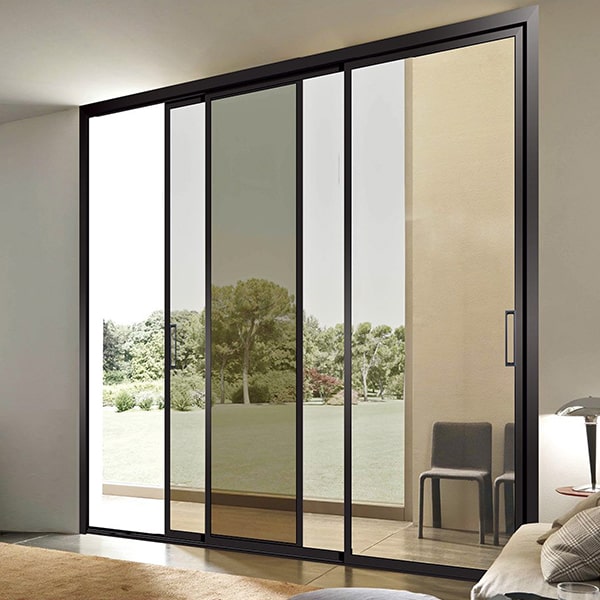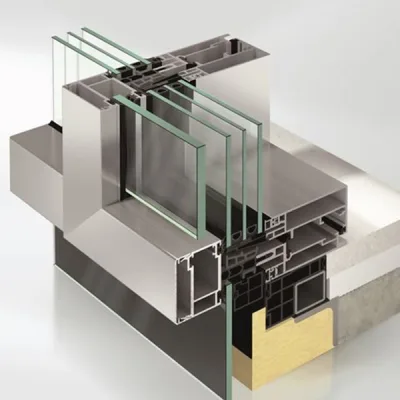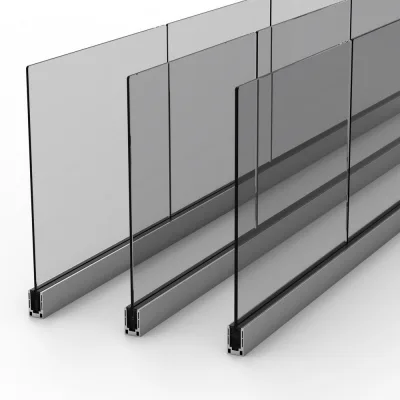-
- Assign a menu in Theme Options > Menus WooCommerce not Found
- Newsletter
Applications of Flat Aluminum Profiles in Industrial and Commercial Projects
2024-11-27
Aluminum is a versatile and widely used material in various industries, and flat aluminum profiles are particularly popular for a range of industrial and commercial applications.
These profiles are created in flat shapes and, in some instances, can be customized to fit particular design or functional requirements. They have many advantages, such as lightweight, strength, corrosion resistance, and ease of fabrication. In this article, we’ll explore some of the main applications of flat aluminum extrusions in the industrial and commercial sectors.
Structural Components and Frameworks
The most common uses of flat aluminum profiles include making structural components and frameworks. From manufacturing to construction sites, these profiles are often used to create robust frames for machines, conveyors, or workstations. The lightweight quality of the aluminum makes handling and assembling easy, and its strength ensures that the structure will be able to bear heavy loads without significant deformation.
Flat aluminum profiles are frequently utilized in commercial buildings to construct partitions, roofs, and wall frameworks. These profiles maintain the clean, contemporary look that is crucial for architectural designs while offering the required stability. Furthermore, aluminum can be easily adapted to a wide range of sizes, thicknesses and finishes to suit individual needs.
Transportation and Automotive Applications
Aluminum has long been a favorite material in the transportation and automotive industries due to its lightweight properties. Flat aluminum profiles are often used in the manufacture of body panels, structural supports, and chassis parts. The automotive industry is one of the greatest beneficiaries of aluminum in reducing vehicle weight and improving fuel efficiency and overall performance.
In transportation infrastructure, flat aluminum profiles are used in applications ranging from train carriage frameworks to airplane interior fittings. Their ability to withstand the stresses and strains of constant movement and environmental exposure while remaining lightweight and strong makes them an excellent choice for such demanding applications.
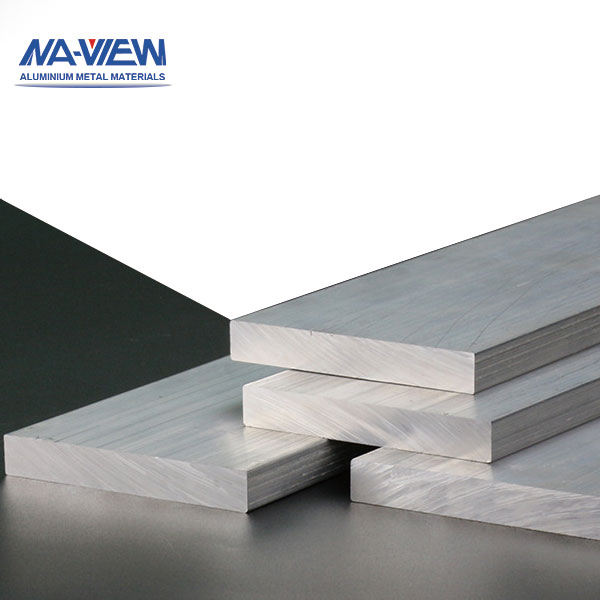
Heat Exchange and Cooling Systems
Aluminum is a good conductor of heat, and that makes flat aluminum profiles important parts of heat exchange systems. In industrial and commercial cooling systems, like air conditioners, refrigeration, and heat exchangers, flat aluminum profiles are applied to the making of cooling fins, heat sinks, and frames of heat exchangers. These are designed to have maximum surface area for efficient dissipation of heat, which is very crucial for the proper performance of the machine operating at high temperatures.
Apart from HVAC systems, flat aluminum profiles find their applications in computer cooling systems. This material provides heat dissipation from such electronic parts of a computer as processors and graphic cards, keeping it within permissible operating temperatures for devices.
Solar Energy Systems
The demand for renewable energy has increased, and aluminum profiles are finding wider applications in the manufacture of mounting systems for solar panels. The flat aluminum profiles provide support to the solar panel arrays and keep them at the correct angle, ensuring that they stay firm under fluctuating conditions. Resistance to corrosion and lightweight properties are particularly important features of aluminum for solar panels installed outdoors, as the panels must withstand long-term exposure to the elements.
The customizability of aluminum profiles also allows efficient integration with different types of solar technologies, from rooftops to commercial buildings down to large-scale solar farms. The use of aluminum profiles in solar energy systems contributes to sustainability and offers cost-effective, long-lasting solutions for harnessing solar power.
Conclusion
Flat aluminum profiles have a wide range of uses in commercial and industrial projects. Aluminum’s strength, durability, and versatility make it an essential material for a wide range of applications, from solar energy to transportation systems and structural elements. As industries continue to seek lighter, more efficient, and environmentally friendly materials, aluminum profiles will undoubtedly play a central role in the development of innovative solutions for a wide array of applications.
